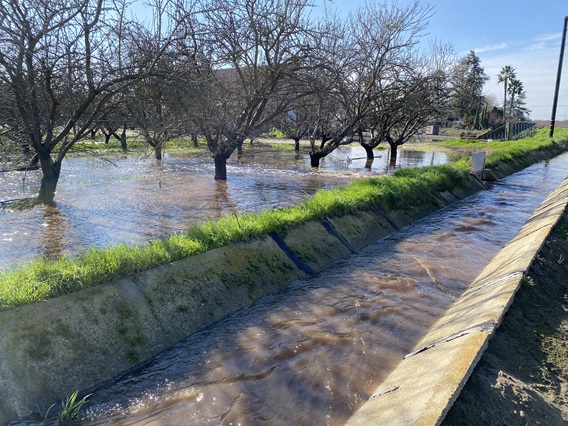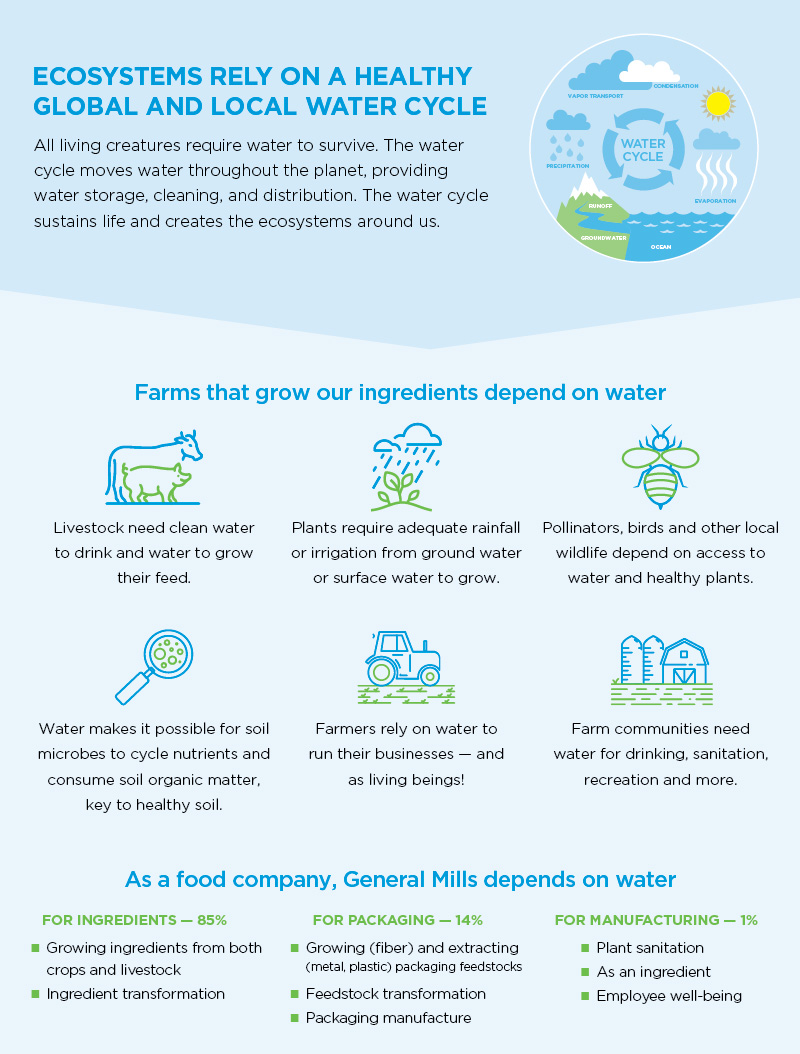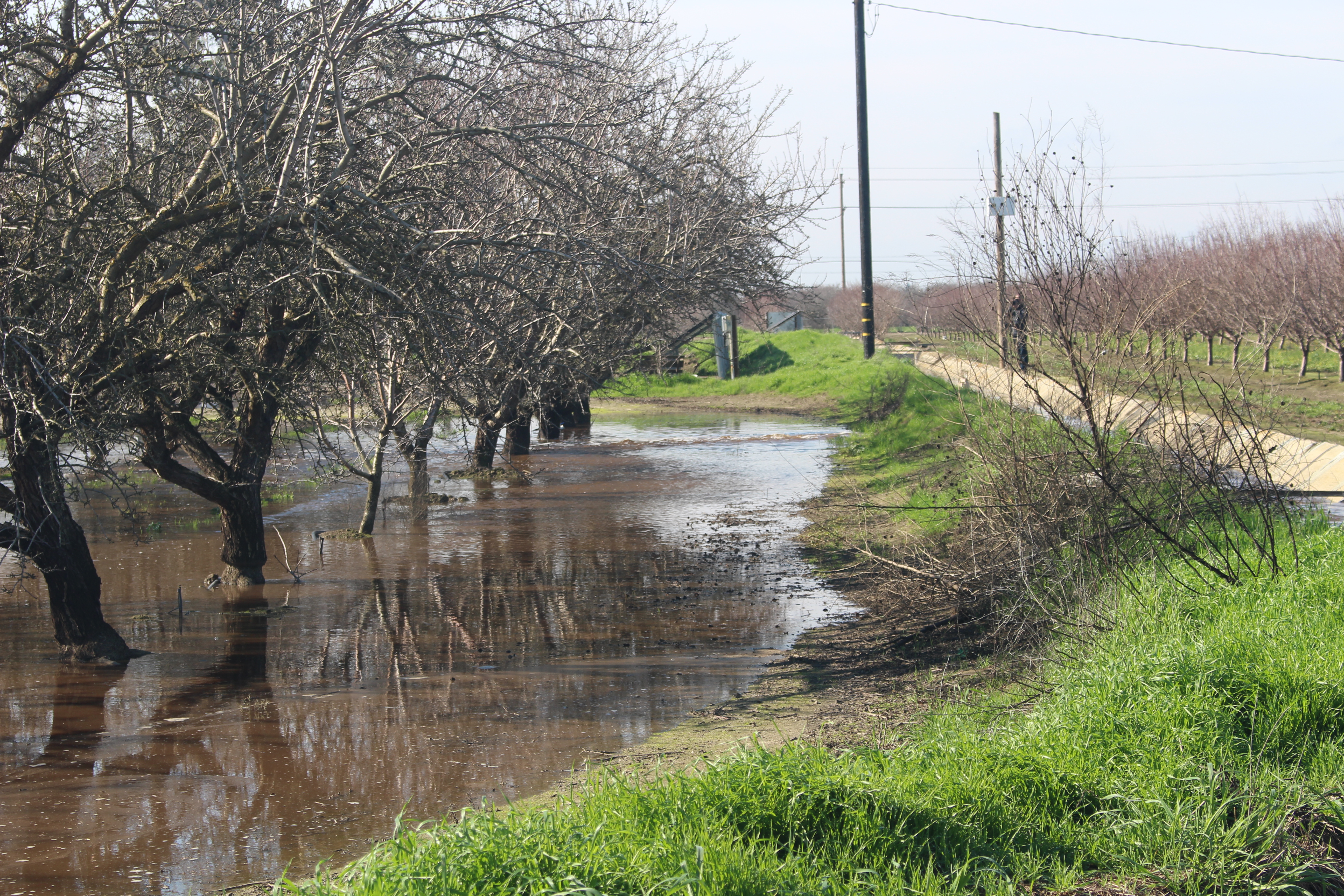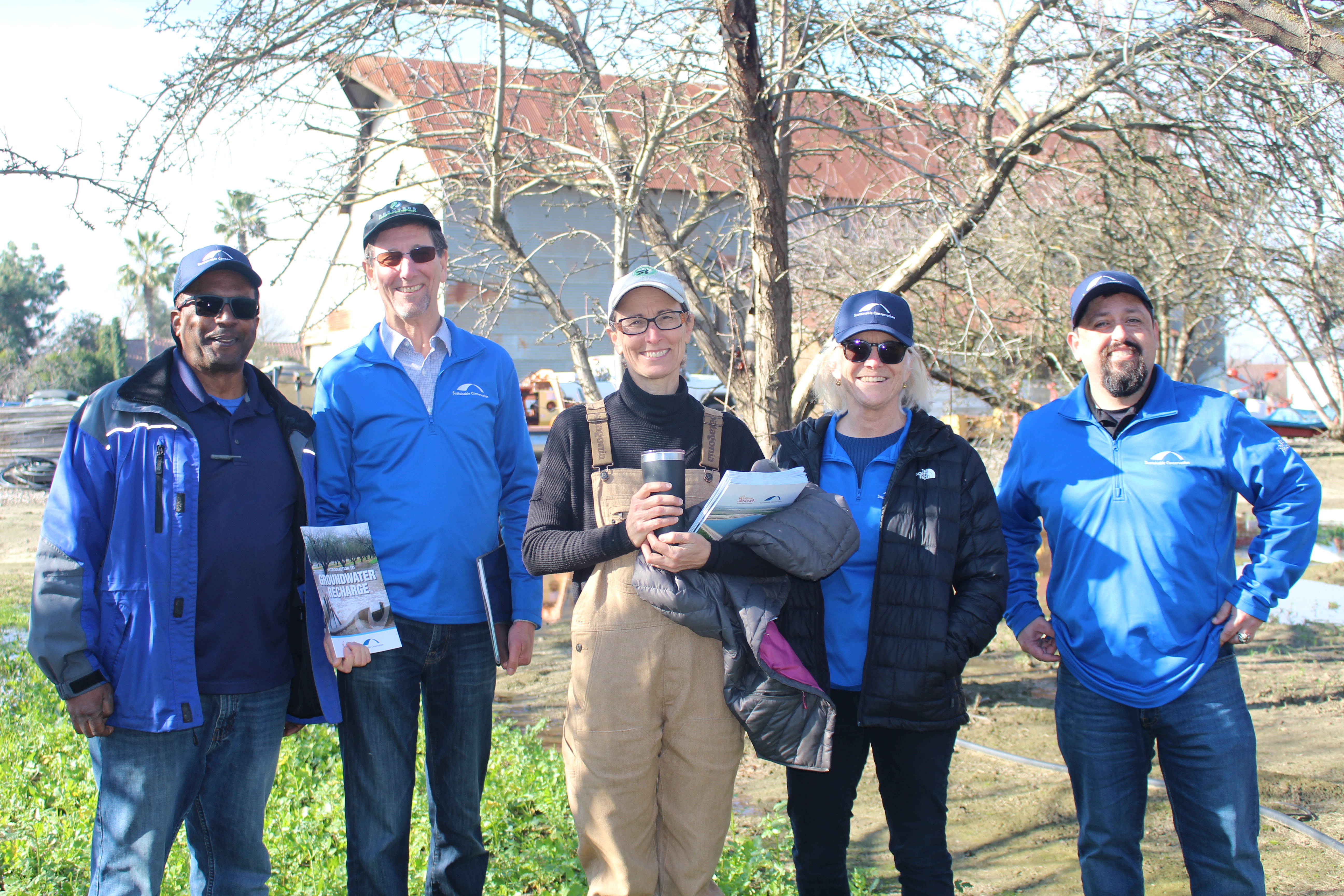
World Water Day
Water is essential for all aspects of life on earth. It is vital to powering and nurturing healthy global and local ecosystems, and is at the foundation of our food system, from livestock, to soil, to farming communities.
As a food company, General Mills depends on water to grow our ingredients and manufacture our products. We, along with many others, today celebrate and raise awareness for this life force on World Water Day.
A Holistic Commitment

Championing the regeneration of water resources in priority watersheds (key areas where we source ingredients and manufacture our products) is one of General Mills’ 10 key sustainability and global impact commitments.
Through our 20+ year water stewardship journey, we have learned a lot about water impacts and risks, and we have evolved our water commitment to reflect those learnings. We are moving from a siloed and activity-based commitment to an evolved strategy that is integrated with regenerative agriculture and will accelerate holistic, ecosystem-level impact.
Because 99 percent of our water impact is in our upstream value chain, beyond our owned operations, we are focusing our work there. We depend on the watersheds where we do business to have clean, abundant water so farmers can grow ingredients and we can run our plants.
We are focused on taking action and making measurable progress in our priority watersheds in three-year cycles. Additionally, we are using the tools of the Science-Based Targets for Nature’s Assess and Prioritization steps, in collaboration with the World Wildlife Fund to inform our watershed prioritization refresh.

Our evolved approach is directly connected to our prioritization of advancing regenerative agriculture. Over the last four years, we've witnessed the ability of regenerative agriculture principles to maximize water resilience and improve water quality within ecosystems.
For example, land farmed using regenerative principles can better withstand catastrophic water events like drought and flooding because the soil is healthier. As a result, it helps protect and restore clean water in nearby streams, rivers and lakes.
“General Mills and the food sector at large are inherently dependent on the earth and its natural resources, especially water," says Mary Jane Melendez, Chief Sustainability and Global Impact Officer. "We can’t ignore the negative impacts climate change has had on the quality and availability of water in the past decade alone. Investing in water stewardship has become more important than ever for our business and the good of the planet.”
Partnerships Drive Progress
Specifically, we are advancing water stewardship projects in 14 priority watersheds with a variety of NGO, government, and business partners. A watershed is a large area where every stream and creek flows toward one destination, like a river or a lake. This work includes the funding of and participation in local water stewardship programs, policy advocacy and maximizing water efficiency in owned plants.
As an example, we source 100 percent of our almonds from California, an ingredient found in many General Mills products. The state of California is facing extreme water stress, and due to its high water dependency, almonds have the biggest water footprint of any California crop.
LÄRABAR is funding research with the Ecdysis Foundation in California’s San Joaquin Valley to determine how on-farm practices are linked to regenerative outcomes. Early results show growing almonds with regenerative agriculture principles improves soil health and increases water infiltration rates which can lead to potential reductions in irrigation – and ultimately more water resilience to both drought and flood.
Over the last decade, we’ve partnered with Sustainable Conservation, a nonprofit solving water challenges in California, as its largest corporate funder. Since California’s wet winter began in December 2022, this program has resulted in more than 16 billion gallons of water being recycled, the equivalent of more than 24,000 Olympic swimming pools, on farms in the region – which is critical for helping farmers store water for dry seasons.
 Gemperle Almond Orchard; Photo by Christa Harader, Sustainable Conservation
Gemperle Almond Orchard; Photo by Christa Harader, Sustainable Conservation  Christine Gemperle and the Sustainable Conservation staff
Christine Gemperle and the Sustainable Conservation staff “General Mills has been a valued partner in our work to support the climate resiliency of California’s water ecosystem," says Daniel Mountjoy, director of Resource Stewardship, Sustainable Conservation. "As an organization, we aim to find committed collaborators who can help us drive long-term solutions for water supply reliability, groundwater quality and soil health. We are grateful to have such a partner in General Mills and look forward to continuing to work together to support the human, environmental, and economic health of California.”
We’re also investing over $600,000 in partnership with UC Davis to research water outcomes measurement and modeling for almonds grown using regenerative principles.
We remain committed to championing the regeneration of water resources. Our support of key partners is advancing innovative and holistic research and programs. We seek to lead the industry forward in understanding how moving beyond siloed metrics can lead to positive, holistic, impact for people and the planet.
